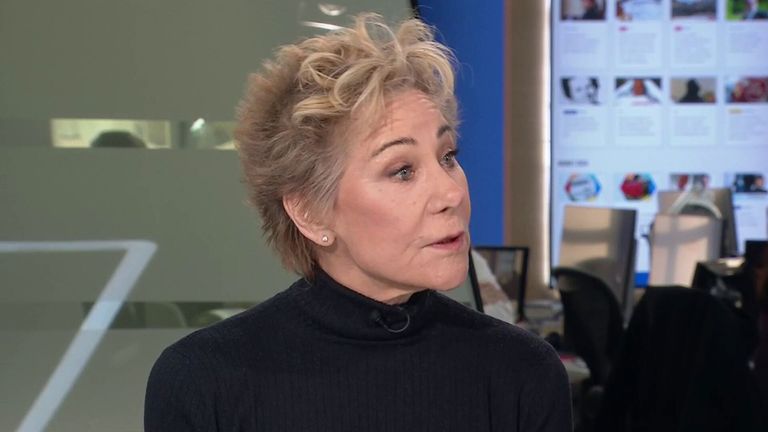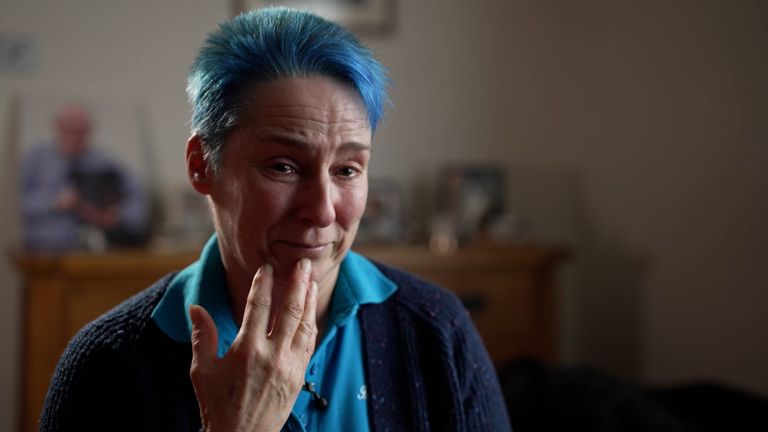Sir Keir Starmer has promised Dame Esther Rantzen that he will allow a vote on assisted dying in the next parliament if he wins the next election.
The Labour leader made the pledge following recent interventions by the broadcaster, who recently revealed she had joined the Dignitas assisted dying clinic in Switzerland.
ITV News filmed a phone call between the pair, in which the Labour leader told the campaigner and TV presenter that a Labour government would allow MPs time to debate and vote on a change in the law, which has been brought into the spotlight in recent weeks.
Sir Keir told Dame Esther he was “personally in favour of changing the law” – something he revealed at the end of last year.
“I think we need to make time,” he told her. “We will make the commitment. Esther, I can give you that commitment right now.”
Assisted suicide is banned in England, Wales and Northern Ireland and carries a maximum prison sentence of 14 years.
In Scotland, although it is not a specific criminal offence, assisting the death of someone can leave a person open to murder or other charges.
Politics latest: Rishi Sunak says alleged comments by Tory donor were ‘racist and wrong’
A bill to make assisted dying legal in Scotland will come before Holyrood in the coming weeks.
Asked whether he would like a vote within five years of the general election, Sir Keir told ITV: “Oh yes, definitely.
“I think Esther would agree with this. For people who are going through this or are likely to go through it in the next few months or years, this matters hugely and delay just prolongs the agony.”
It comes after Dame Esther, who founded Childline and fronted the magazine show That’s Life! for many years, told Sky News last month she was “disappointed” that a report on assisted dying did not call for a debate in parliament.
The 83-year-old, who has stage four lung cancer, is campaigning for people who have physical illnesses, and a life expectancy of six months or less, to have the right to choose when they die.
MPs on the Health and Social Care Committee concluded that in countries where assisted suicide is legal, there hadn’t been a drop in the quality of palliative care.
It also identified a “pressing need” for improved mental health support for terminally ill people and said there should be a “national strategy for death literacy and support following a terminal diagnosis”.
It did not recommend that MPs have a vote on the issue and warned that the government must consider what to do if the law is changed in part of the UK or in the Isle of Man or Jersey.
Sir Keir supported a change in the law the last time the issue was voted on in the Commons nine years ago and said in December that a private members’ bill and a free vote “seems appropriate”.
The Labour leader acknowledged “safeguards with teeth” would have to be put in place to protect the vulnerable but said he believed the law should change.
Read more:
‘Please make it stop. I’m ready to go’: Five stories that bring the assisted dying debate home
MP says current law on assisted dying robbed him of time with his father
“I personally think the law should be changed. There will be people equally passionate, with powerful points to make about why it shouldn’t be,” he added.
“We have to respect that and find the right balance in the end.”
Downing Street said it would be up to parliament whether or not to debate legalising assisted dying.
A Number 10 spokeswoman said Rishi Sunak “has been moved by some of the experiences that have been shared by people and families in this situation”.
She added: “It remains the case that this would be for parliament to decide and it would be for government to facilitate its implementation.”
Source Agencies





